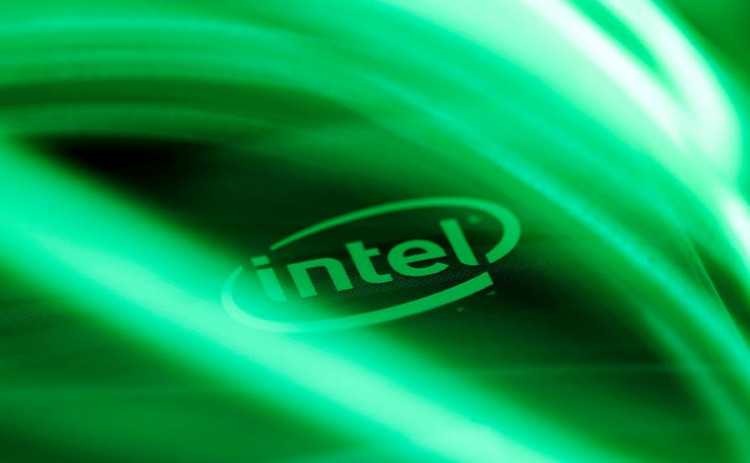Intel Corp. is under criticism in China after requesting that suppliers refrain from using Xinjiang labor or products, threatening to entangle the U.S. chipmaker in a human rights controversy in the far western Chinese region.
Intel stated that it was "required to ensure that no labor is used in its supply chain" or that no goods or services are sourced from the Xinjiang region because of limitations imposed by "various governments."
The letter, which was published in multiple languages including Chinese, highlighted a number of compliance guidelines, including those of the Responsible Business Alliance (RBA), the world's biggest business alliance whose focus is corporate social responsibility.
The letter, however, included no reference to the Uygur Forced Labor Prevention Act, which was enacted by the U.S. House of Representatives earlier this month and calls on the international community to restrict imports of commodities created with forced labor in Xinjiang.
Users on the Weibo-like service shared this week a letter received by Intel in December stating that the company is required to verify that its supply chain does not use people or acquire goods and services from Xinjiang.
Guancha, a nationalist news site, accused Intel of cooperating with Western governments that have imposed limitations on regional industries. On Weibo, a hashtag devoted to the subject has garnered more than 250 million views.
The U.S. has accused China of human rights violations, including forced labor, in the mostly Muslim region of Xinjiang. China has disputed the allegations on several occasions.
The Global Times, a nationalist tabloid published by the ruling Communist Party's People's Daily newspaper group, called Intel's comments "absurd," adding that the firm was "biting the hand that feeds it."
The Chinese government has not responded to the Intel letter, but in reaction to Washington's new penalties targeting China's Xinjiang practices, Beijing issued sanctions against four members of a U.S. government panel overseeing religious freedom on Tuesday.
Because agriculture and tourism are the core sectors of Xinjiang, it is unclear what influence Intel's relocation will have.
According to data from Statista, China, including Hong Kong, contributed the most to Intel's overall revenue in the five years leading up to 2020.
Meanwhile, singer Karry Wang said on China's Twitter-like Weibo microblog service that he would no longer be an Intel brand ambassador, citing "national interests over everything" in a statement.
Intel was also criticized by many Weibo users, with one user, "Old Catalan," stating, "Must resist, do not buy!"





